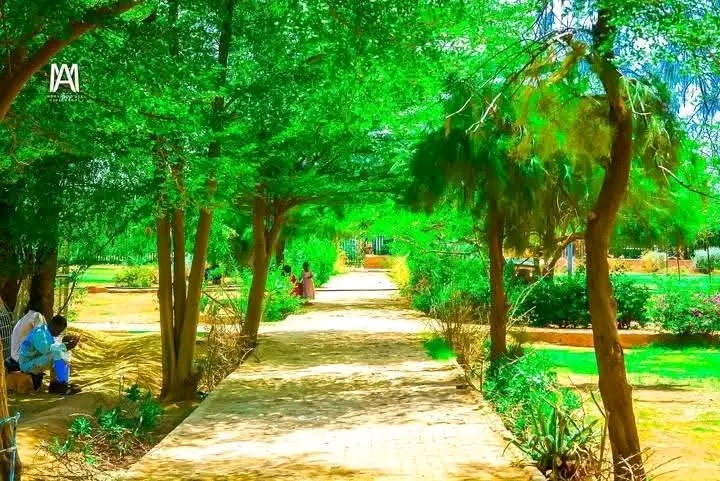Thousands of people have recently fled to the city of El-Obeid from several towns— including An-Nuhud, Al-Idaya, Lagawa, Al-Fula, Babanusa, Al-Khuwei, Al-Debeibat, Al-Hammadi, Kazgil, Bara, and Al-Ban Jadeed —as a result of escalating military confrontations in the states of North, West, and South Kordofan.
Forced Displacement
Thousands of families were displaced and took refuge in El-Obeid, the historic capital of the region, settling in temporary shelters lacking basic necessities such as clean drinking water, sanitation facilities, and medical clinics.
Harsh Conditions
The displaced are enduring severe conditions amid shortages of food, soaring prices, and a cholera outbreak spreading among them.
According to several doctors, cholera cases surged in El-Obeid throughout May and June. Abdel Rahim Ibrahim from El-Obeid Government Hospital reported that infections continue to rise, with daily cases ranging between 30 to 40—exceeding the hospital’s 100-bed capacity.
He confirmed that health authorities are making significant efforts to provide necessary care for cholera patients despite the growing number of displaced people arriving from multiple areas.
Rising Death Toll
A medical source at the North Kordofan State Ministry of Health told Mashawir that authorities have had to move patients outside the hospital, placing them in tents and makeshift wards because the hospital is overwhelmed with cholera cases.
The source, who requested anonymity, revealed that daily fatalities range between 7 and 18, further burdening already strained health services suffering from limited resources and medical supplies.
Amid growing fears of a wider cholera outbreak, displaced people in the shelters are facing increasingly complex hardships, including food and water shortages.
Food Crisis
Saad Hassan, a displaced person from Al-Idaya, told Mashawir that the food distributions barely cover half of the displaced population. Due to the shortage of toilets, many people are forced to relieve themselves outdoors, which poses a severe public health threat given the cholera spread.
Saad added that food is mainly provided through charity soup kitchens but remains insufficient for the increasing number of displaced, which continues to grow daily due to ongoing clashes. Even two months after the escalation of fighting in the region, authorities have been unable to register all displaced persons due to the rapid movement of the warring parties across towns and villages.
Crises and Inadequacy
A source from the Humanitarian Aid Commission (HAC) in North Kordofan State told Mashawir that around 370,000 families have arrived in the city from various regions. Some found shelter with relatives in urban neighborhoods, while others are living in temporary camps under extremely difficult conditions, with the HAC unable to meet their needs.
The source, who also asked not to be identified, said the temporary camps lack basic necessities. Dozens of families are sharing a single toilet, and women and children sleep on the ground due to the commission’s inability to provide blankets, mattresses, or tents for the thousands of displaced who fled war-affected areas.
He added that the displaced face dire humanitarian conditions inside the camps, with severe shortages of food, hygiene supplies, and medical necessities, while cholera continues to spread widely across the city.
According to the same medical source, health authorities expect a further rise in cholera cases and worsening hunger among the displaced, especially with the onset of the rainy season anticipated by the end of June.
